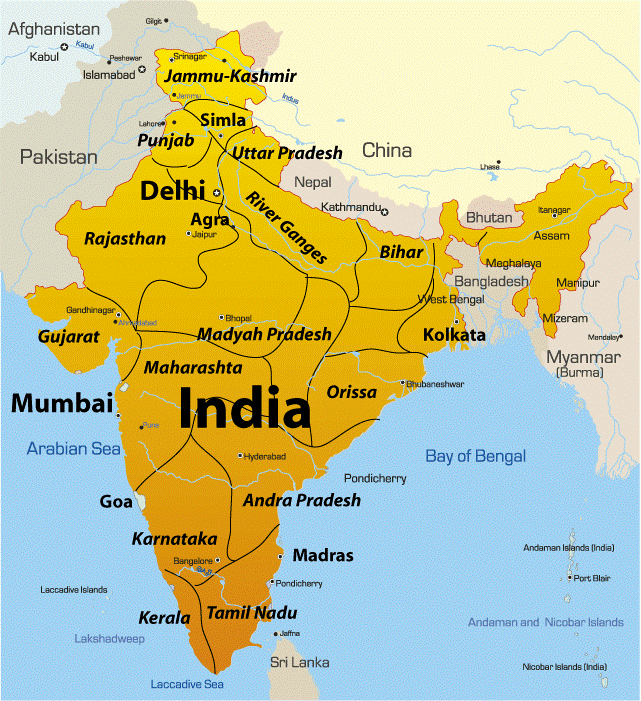Strengthening IP would significantly boost India’s economy
Can Prime Minister Modi’s signature “Make in India” campaign make room for “Innovate in India”? The answer is a resounding “Yes.”

Strengthening IP would significantly boost India’s economy.
Can Prime Minister Modi’s signature “Make in India” campaign make room for “Innovate in India”? The answer is a resounding “Yes.”

Strengthening IP would significantly boost India’s economy.
On the heels of the October 28 U.S.-India Trade Policy Forum, PhRMA Chairman and Merck Chief Executive Officer Ken Frazier traveled to New Delhi this week for meetings with top Indian government officials. Later today, he will join other U.S. and Indian thought leaders for a panel discussion organized by the Observer Research Foundation that asks a critical question – can Prime Minister Modi’s signature “Make in India” campaign make room for “Innovate in India”? The answer is a resounding “Yes.”
Intellectual property (IP) is an essential intangible asset that drives economic growth, particularly by innovative industries. Moreover, in the developing world, intellectual property can play a leading role in helping to forge financial health and economic certainty. Given its powerful effect in the global marketplace, protecting IP is essential, specifically in research-intensive sectors including automotive and aerospace, telecommunications and biopharmaceuticals. These diverse industries share a common thread: extensive time and research, as well as significant risk, is necessary to develop valuable IP and the discoveries it produces – all of which needs protection to allow for a continued cycle of innovation to flourish.
That’s the conclusion of a new study released today by another panelist, Sonecon Chairman Robert J. Shapiro, and his colleague, Aparna Mathur. They found that industries with strong R&D respond to improvements in a nation’s IP protection standards with increased investment. The study revealed that if countries with insufficient standards, like India, were to implement strengthened protections, they would reap significant socio-economic benefits. India would attract greater foreign direct investment and amplify the development intensity of key industries if the Modi administration succeeds in implementing innovation-friendly policies. For example, bringing the patentability requirements up to the international norms embodied in the World Trade Organization (WTO)’s Agreement on Trade-Related Aspects of Intellectual Property Rights (TRIPS) would go a long way toward stimulating investor confidence and adding certainty to the marketplace.
Enhanced IP protections would not only boost India’s economy, but also directly deliver benefits to India’s workforce. With expanded industry, growth and increased productivity follow. Among Indian transportation companies, scientific instrument firms, pharmaceuticals and biotechnology companies, increases in R&D intensity would elevate value-added per employee – consequently, wage rates would rise.
A robust IP protection system spurs greater foreign direct investment and expands research and development intensity, lifting industry growth and wages. To gain these results and enhance its economy, India must create an environment that drives foreign trade and investment, growth and jobs. There is still much room for improvement in India’s patent regime and in creating awareness of the value of IP. If India can safeguard domestic and foreign IP for research-intensive industries, Mr. Modi’s goal of having foreign businesses “Make In India” will become a reality, helping India realize its potential of becoming a true global economic powerhouse.
